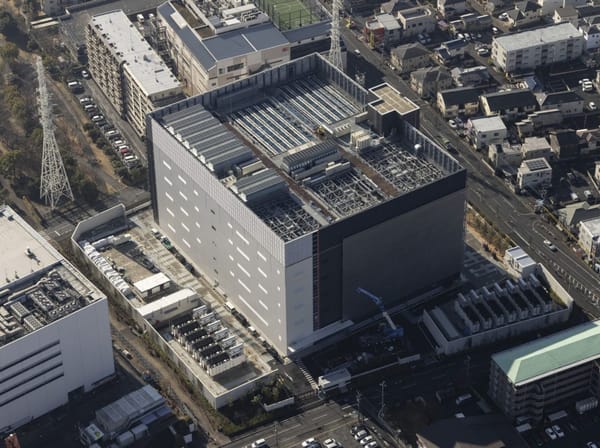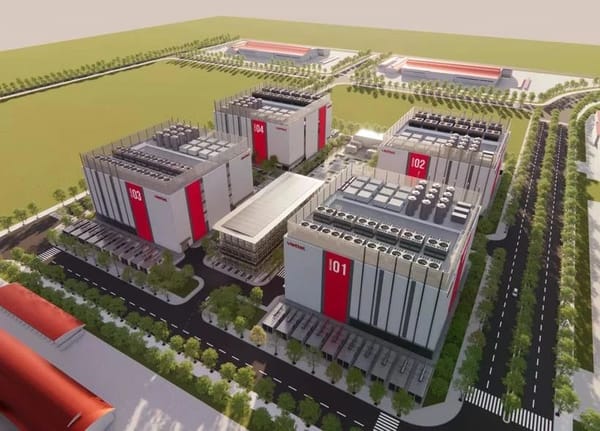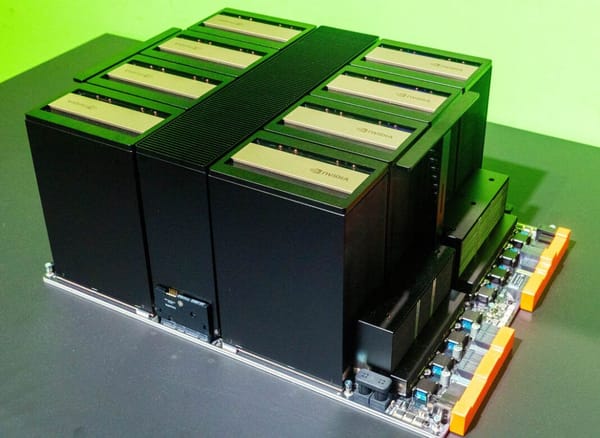AI is reaching a tipping point
As technology firms plan hundreds of billions of dollars in new investments.

"AI sucks and can never replace me!" I've written professionally for over 15 years, and I'm not so sanguine. Here's why.
This UnfilteredFriday, let's talk AI and the startling progress it has made over the last two years. And it might yet put many of us out of our jobs.
First, some context.
I'm not your typical agency copywriter, freelance writer, or journalist. I worked previously in IT and did things like coding before switching over to full-time writing.
Because I worked on my own time, I was never constrained to a niche. Indeed, I did most of the below in any given month:
- Editorial content for online, trade publications.
- Marketing collaterals like brochures, white papers.
- Copyediting for banks, government agencies.
- Daily unsolicited opinions, news on LinkedIn.
What are my thoughts on the impact of AI?

It's getting better at writing
When ChatGPT first came out, I endeavoured to leverage AI whenever I could. Sadly, I never did get AI to produce LinkedIn posts I could accept - but that's a story for another day.
My point is: I've seen how AI has become so much better.
GPT-3.5 was scorned for its bland, formulaic output, which can still happen with GPT-4o. But it's now significantly better, especially if prompted with adequate quality input.
And yes, I could see how AI can already fill in the gaps for many of the individual content tasks above.
Edging out junior programmers
- Coding is another area that's under immense pressure. And Zhu Liang just predicted that we would see the first wave of software engineers being made redundant by AI in 2025.
I would pay attention to him, given how he uses AI every day, and is an accomplished full-stack engineering who created an AI coding tool.
AI is gaining in other areas
Beyond writing or coding, there are AI models today that can decipher video, images, even produce natural speech.
As Uli Hitzel observed today, the omni models such as GPT-4o and Sonnet 3.5 v2 can now identify and describe the emotional impact of a visual design.
The next phase of AI
Frankly, we still don't know how AI works in its entirety, but there's certainly a lot more happening than regurgitated outputs, especially with reasoning models.
And tech giants are throwing hundreds of billions of dollars to further improve AI.
As noted by Jere Wang, planned AI spending in 2025 is off the charts:
- Amazon: US100B
- Google: US$75B
- Meta: US$65B
- Microsoft: US$80B
- Oracle: ??
That's excluding Stargate's massive US$500B aspiration.
What do you think will happen next with AI?




